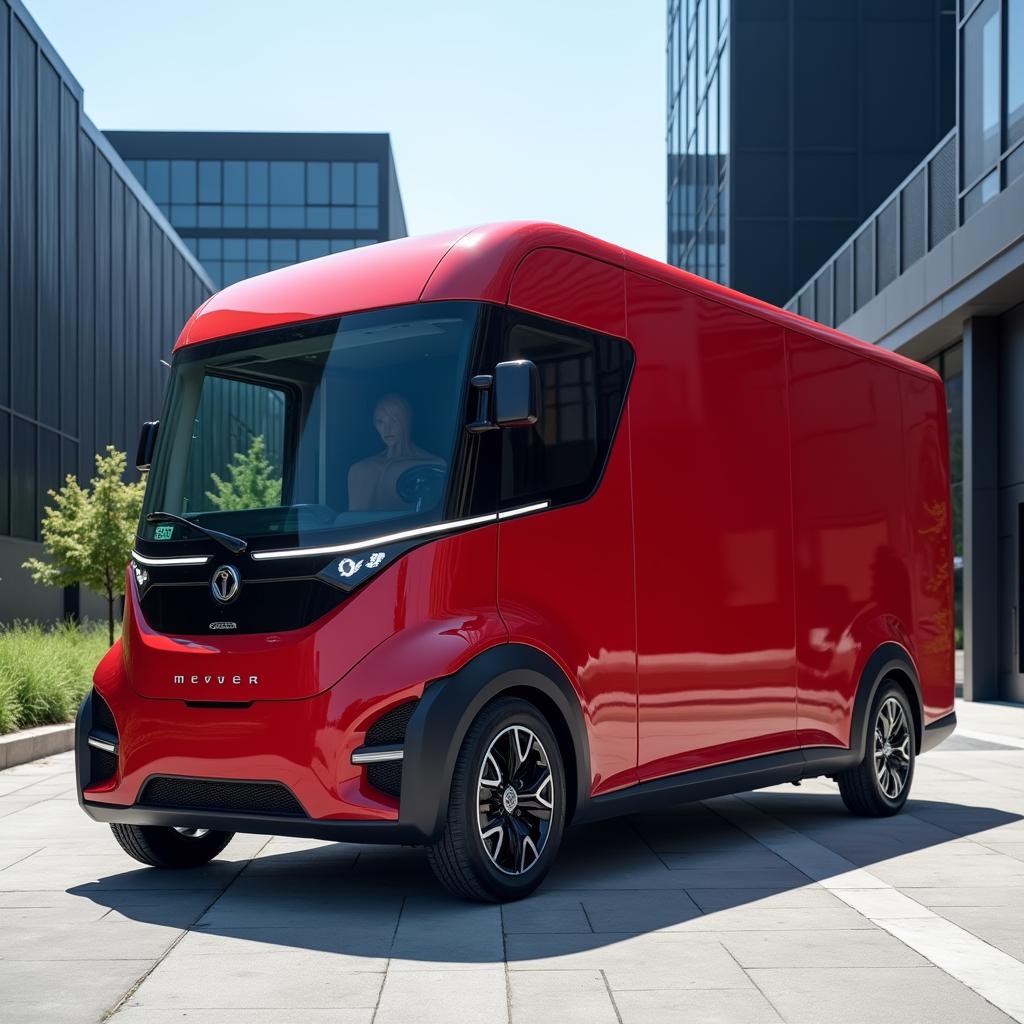Electric Trucks for Commercial Use: Are They Worth It?
The transportation industry is undergoing a massive transformation, with electric trucks for commercial use leading the charge toward a more sustainable future. As businesses face increasing pressure to reduce their carbon footprint and operating costs, many are considering the switch to electric vehicles for their commercial fleets. But with significant upfront investments and evolving technology, the question remains: are electric trucks worth it for commercial applications?
Understanding the Electric Truck Revolution
The commercial electric truck market has expanded dramatically in recent years, with major manufacturers like Tesla, Volvo, and Daimler introducing innovative models designed specifically for commercial applications. These vehicles range from light-duty delivery vans to heavy-duty semi-trucks, each offering unique advantages for different business needs.
The technology behind commercial electric vehicles continues to advance, with improvements in:
- Battery capacity and range
- Charging infrastructure
- Power delivery systems
- Load capacity optimization
- Smart fleet management features
The Financial Perspective: Costs and Returns
When evaluating electric trucks for commercial use, the financial implications are often the primary concern for business owners. Let’s break down the key financial aspects:
Initial Investment
Electric trucks typically cost 20-30% more than their diesel counterparts. However, this higher upfront cost should be considered alongside the total cost of ownership (TCO). According to a study by the U.S. Department of Energy, the lifetime costs of electric vehicles are often lower than traditional vehicles.
Operating Costs
Fuel Savings: Electric trucks can reduce fuel costs by 60-70% compared to diesel vehicles.
Maintenance Costs: With fewer moving parts and no oil changes required, maintenance costs are typically 30-50% lower.
Financial Incentives
Many governments offer substantial incentives for commercial electric vehicle adoption, including:
- Tax credits and rebates
- Grants for charging infrastructure
- Reduced registration fees
- Special lane access and parking privileges
Environmental Impact and Sustainability Benefits
The environmental advantages of electric trucks extend beyond reduced emissions:
Direct Environmental Benefits:
- Zero direct emissions
- Reduced noise pollution
- Lower heat generation in urban areas
- Decreased dependence on fossil fuels
Corporate Benefits:
- Enhanced brand image
- Improved ESG scores
- Better alignment with sustainability goals
- Competitive advantage in green markets
Operational Considerations and Challenges
Before transitioning to electric trucks, businesses must consider several operational factors:
Range and Charging Infrastructure
While most modern electric trucks offer ranges between 150-500 miles, businesses must plan their routes carefully and ensure adequate charging infrastructure is available. The Alternative Fuels Data Center provides comprehensive information about charging station locations and planning resources.
Load Capacity and Performance
Modern electric trucks often match or exceed their diesel counterparts in:
- Torque delivery
- Acceleration
- Hill climbing ability
- Payload capacity
Weather and Environmental Factors
Battery performance can be affected by:
- Extreme temperatures
- Terrain conditions
- Load weight
- Driving patterns
Making the Transition: Implementation Strategies
Successfully transitioning to electric trucks requires careful planning and execution:
Fleet Assessment
Evaluate your current fleet:
- Route patterns and distances
- Load requirements
- Operating conditions
- Maintenance schedules
Infrastructure Development
Plan for:
- Charging station installation
- Power grid upgrades
- Maintenance facility modifications
- Staff training programs
Phased Implementation
Consider a gradual transition approach:
- Pilot program with select routes
- Data collection and analysis
- Systematic fleet expansion
- Continuous optimization
Future Outlook and Technology Trends
The future of commercial electric trucks looks promising, with ongoing developments in:
- Solid-state batteries
- Autonomous driving capabilities
- Smart charging solutions
- Vehicle-to-grid technology
These advancements are expected to further improve the value proposition of electric trucks for commercial use.
Conclusion: Making the Right Choice for Your Business
Electric trucks for commercial use represent a significant opportunity for businesses to reduce operating costs, improve sustainability, and prepare for the future of transportation. While the initial investment may be higher, the long-term benefits often justify the transition, especially when considering reduced operating costs, environmental impact, and growing regulatory pressures.
To determine if electric trucks are right for your business, consider your specific needs, operating conditions, and long-term goals. Our team of experts can help you evaluate your options and develop a customized transition plan that aligns with your business objectives.
Ready to explore how electric trucks can benefit your business? Contact us at +1 206-337-4787 for a comprehensive consultation and learn how we can help you make a successful transition to electric commercial vehicles. Let’s work together to create a more sustainable and efficient future for your fleet.







